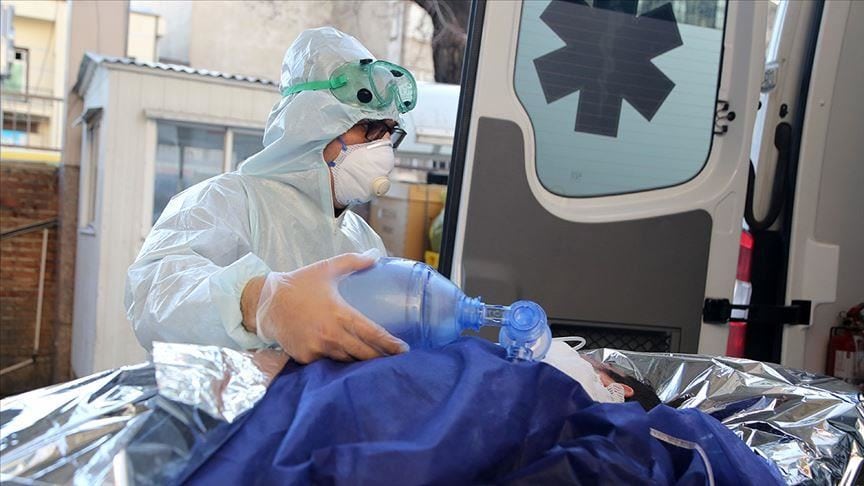The National Institute of Health (NIH) reported on Friday that the first-ever case of a highly contagious Indian strain of coronavirus has been found in Pakistan, despite a ban on visitors from the neighbouring nation in place since April.
The findings of whole-genome sequencing of SARS CoV-2 samples gathered during the first three weeks of May 2021 were disclosed by the NIH in Islamabad, the country’s leading government-run health facility.
“The sequencing results confirmed the detection of seven cases of B.1.351 [South African variant] and one case of B.1.617.2 [Indian variant]. This is the first in-country detection of the latter strain,” it said in a statement.
The Field Epidemiology & Disease Surveillance Division and the District Health Office (DHO), Islamabad, are doing contact tracing of all cases, according to the NIH statement.
The NIH went on to say that the continual finding of worldwide strains underscored the need for following recommendations, wearing masks, and getting vaccinated.
Following India’s catastrophic Covid-19 epidemic, which was fueled by the new Indian strain earlier this year, Pakistan banned travellers from the neighbouring nation from coming by air, sea, or land in April. In May, however, the variation was discovered in Thai tourists who had visited Pakistan.
According to a foreign news outlet, Thai health officials verified the country’s first cases of the Indian form in a Thai mother and her 4-year-old kid who were placed in state quarantine after coming from Pakistan.
The Indian type of Coronavirus has already been discovered in dozens of nations throughout the globe, according to the World Health Organization (WHO). The B.1.617 variation was found in more than 4,500 samples submitted to an open-access database from 44 countries across all six WHO regions, according to the UN health agency.
“And WHO [World Health Organization] has received reports of detections from five additional countries,” it said in its weekly epidemiological update on the pandemic earlier in May. Outside of India, it said that Britain had reported the largest number of Covid cases caused by the variant.
B.1.617, which includes three so-called sub-lineages with slightly different mutations and features, has previously been designated as a “variant of concern” by the WHO. As a result, it was included to a list that already included three other Covid-19 variations — those initially discovered in the United Kingdom, Brazil, and South Africa.
Because the variations are more transmissible, lethal, or able to get beyond certain vaccination protections, they are considered more hazardous than the original virus.










